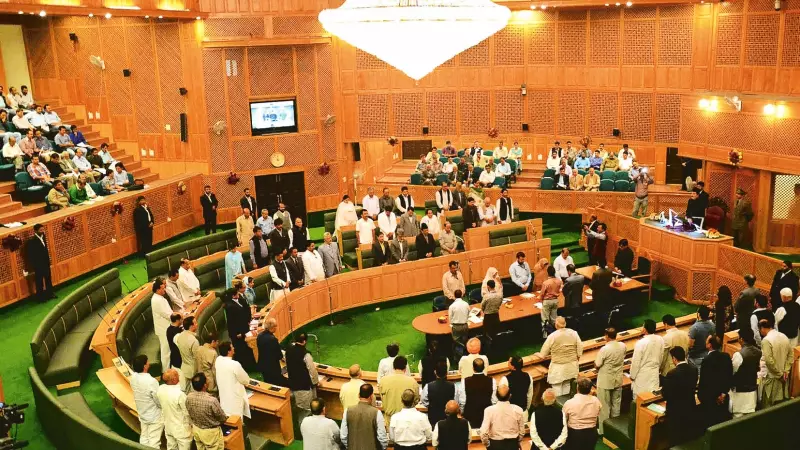
The recent discourse surrounding Jammu & Kashmir's status as a Union Territory has sparked numerous debates across political and social circles. However, framing this discussion around administrative efficiency misses the fundamental point about India's unique federal structure.
Beyond the UT Label: Understanding Constitutional Nuances
Many critics have hastily labeled Jammu & Kashmir's Union Territory status as inherently inefficient. This perspective fails to recognize that India's federal system is designed to accommodate diverse regional needs and historical contexts. The constitutional framework provides for different types of governance structures, each serving specific purposes within our democratic ecosystem.
Federalism in Practice: The Indian Model
India's federalism isn't a one-size-fits-all model. It represents what political scientists call "asymmetric federalism" - a system where different states and union territories operate under varying constitutional arrangements based on their unique historical, geographical, and cultural circumstances.
The Jammu & Kashmir situation exemplifies this approach. Rather than viewing it through a simplistic administrative lens, we should appreciate how it demonstrates India's commitment to accommodating regional diversity within a unified national framework.
Cooperative Federalism: The Bigger Picture
What critics often overlook is the concept of cooperative federalism that underpins India's governance structure. This approach emphasizes:
- Collaboration between central and regional governments
- Flexible power-sharing arrangements
- Context-specific governance solutions
- Gradual evolution of administrative structures
The current arrangement for Jammu & Kashmir represents an ongoing process of constitutional adaptation rather than a permanent settlement. It reflects the dynamic nature of Indian democracy and its ability to evolve in response to changing circumstances.
Looking Beyond Administrative Efficiency
Reducing the complex constitutional status of Jammu & Kashmir to mere administrative efficiency metrics does injustice to the sophisticated nature of Indian federalism. The real story isn't about UT status but about how India's federal system continues to adapt and respond to regional requirements while maintaining national integrity.
As India moves forward, this flexible approach to federalism may well serve as a model for other diverse democracies grappling with similar challenges of unity amid diversity.






